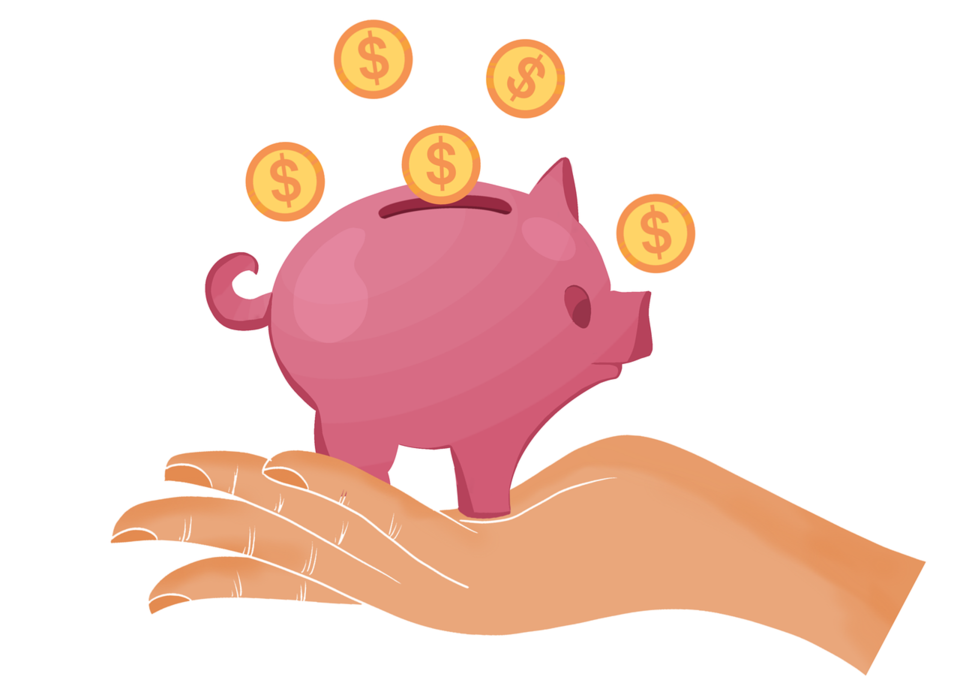There is a famous quote that says, “Don’t let your lifestyle outgrow your income.”
Sadly, we have become a society where many people no longer follow what previous generations did by living within their means, and instead, live far outside of what they can truly afford.
We all know people who eat out at restaurants several times a week, are constantly shopping online for stuff they don’t need, and live in massive houses that take up a good chunk of their incomes to pay the mortgage and maintain.
We are all guilty of such fiscal misconduct, as are, in many cases, the governments we elect to office.
Since coming to power following the April 28 election, the minority government of Mark Carney has put off committing to a budget, and it will most likely be fall before Canadians see how much of a debt burden they will be facing going into the year ahead.
According to the C.D. Howe Institute, deficits are projected to soar to $92 billion during this fiscal year. How will the federal government pay for all the things it has promised? If recent history is an indicator, it will continue to raise taxes on productive individuals and companies (which may drive more of them out of Canada), and printing money, which in turn will fan the fires of inflation, causing more pain at the grocery store and gas pump.
Our civilization has turned into one where citizens and governments are addicted to debt and easy credit, and have no outlook for the future, which, regrettably, is reflected in government spending.
Currently, the average household debt, excluding mortgages, is $21,931. Newfoundland and Labrador has the highest average debt at $24,843, followed by Alberta at $24,537.
On Aug. 15, 1971, then American president Richard Nixon closed what was referred at the time as the ‘gold window,’ by taking the U.S. dollar off the gold standard and giving the Federal Reserve a license to print to money willy nilly. Prime Minister Pierre Elliott Trudeau followed suit in 1974.
By the late 1970s, credit became easier to get for the average person and, as a consequence, instead of buying only what they could afford at the time, many people kicked the proverbial can down the road by purchasing items on their credit cards, with the objective of paying later.
How much longer can this keep going on for? Since it isn’t possible to keep kicking that can down the road for much longer, all of us, including our governments, are going to have to return to fiscal sanity.
This will mean being mindful of where we spend our hard-earned dollars, cutting welfare state programs that are no longer affordable, and cancelling wasteful initiatives such as the proposed $500 million firearms buyback program that will do nothing to protect public safety and only waste even more taxpayer’s dollars.
The billionaire American investor and philanthropist Warren Buffet once said, “Do not save what is left after spending, but spend what is left after saving.” Those are prudent words indeed, and ones we would be wise to emulate.



